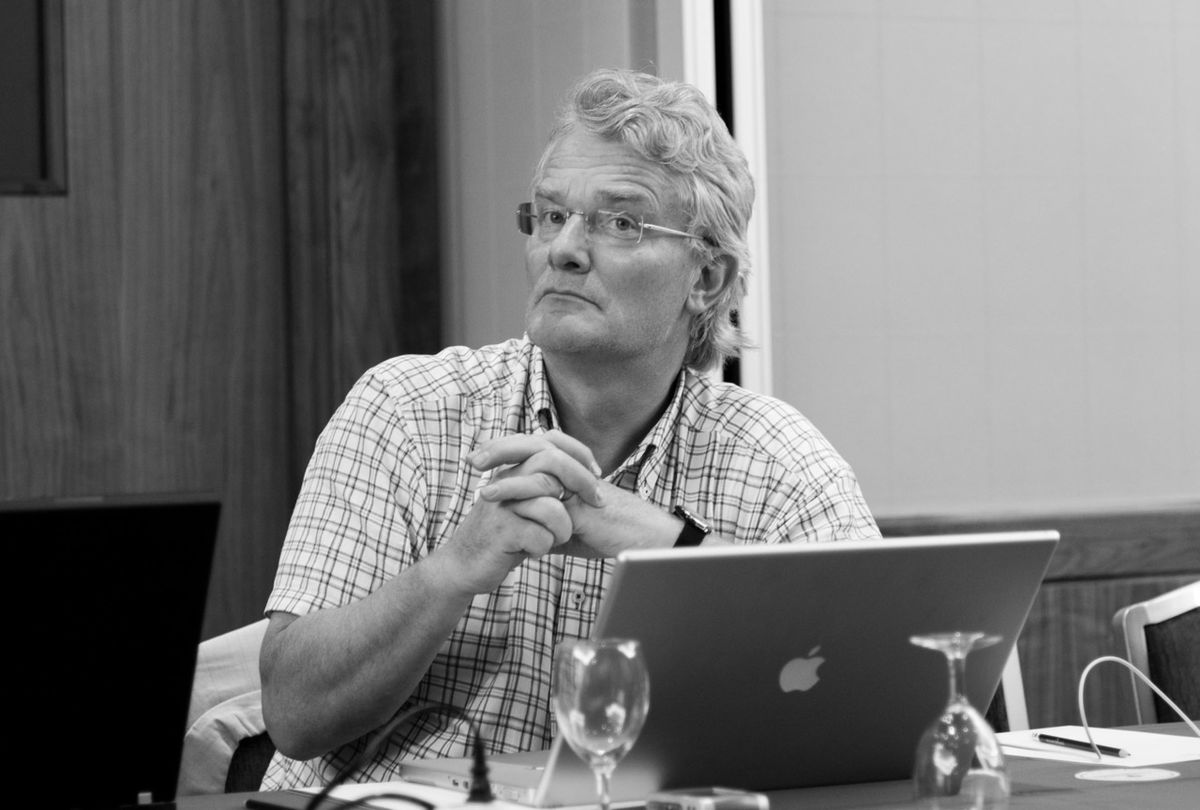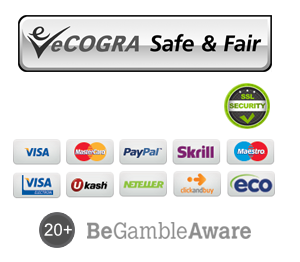The past year has proven to be a deadly one for many individuals and businesses alike. The global gambling industry, in particular, suffered greatly following the arrival of the COVID-19 pandemic, which necessitated the closures of casinos for months at a time, sending revenues crashing down.
Gambling operators in New Zealand, however, are weathering the storm far better than any of their global counterparts with 2020 seeing more residents of New Zealand spending record amounts on pokie machines. The numbers are particularly surprising considering the fate of the rest of the industry.
2020 in retrospect
The Department of Internal Affairs’ recently released report paints a detailed picture of gambling spend on pokie machines in New Zealand. In 2020, the amount spent in the final quarter equated to every adult in the region spending $204.
December‘s quarterly spend was the peak for the year, at $252 million. 14,781 pokie machines in total were played outside of casinos the highest total for the industry since 2007
The director of gambling for the Department of Internal Affairs, Chris Thornborough, stated that pokie revenues have been tracked throughout COVID and the expectation was that there would be an overall negative result. Nobody seemed to expect the surprising recovery that followed the easing of restrictions on gaming.
Looking at the full picture overall revenues and annual profits fell to $128 million. This was a direct result of clubs, pubs, and casinos being shut down. Online gambling, in comparison, soared and the Lotto recorded $631 million in ticket sales for 2020, representing a 13% increase.
Community benefits

Peter Dengate Thrush
Under New Zealand law, 40% of poker machine proceeds must be channelled into grants for local communities. Chairperson for the Gaming Machine Association, Peter Dengate Thrush, revealed that the end-year increase in gambling provided a good influx of funds for communities. $300 million in grants in total was delivered to the community in 2020 with the money being allocated to sport, cultural, and arts initiatives.
With people being largely confined to their homes they typically had fewer opportunities to go out and spend money. The easing of the restrictions saw people re-emerging from their seclusion and once again engaging in entertainment like gaming machines. The resulting wave of spending smashed previous records.
The negative side of this is that a large portion of the money spent online went to offshore and unregulated sites. Gambling of this sort allows this un-taxable money to flow out of the local economy, a matter of serious concern to the country’s governments.
